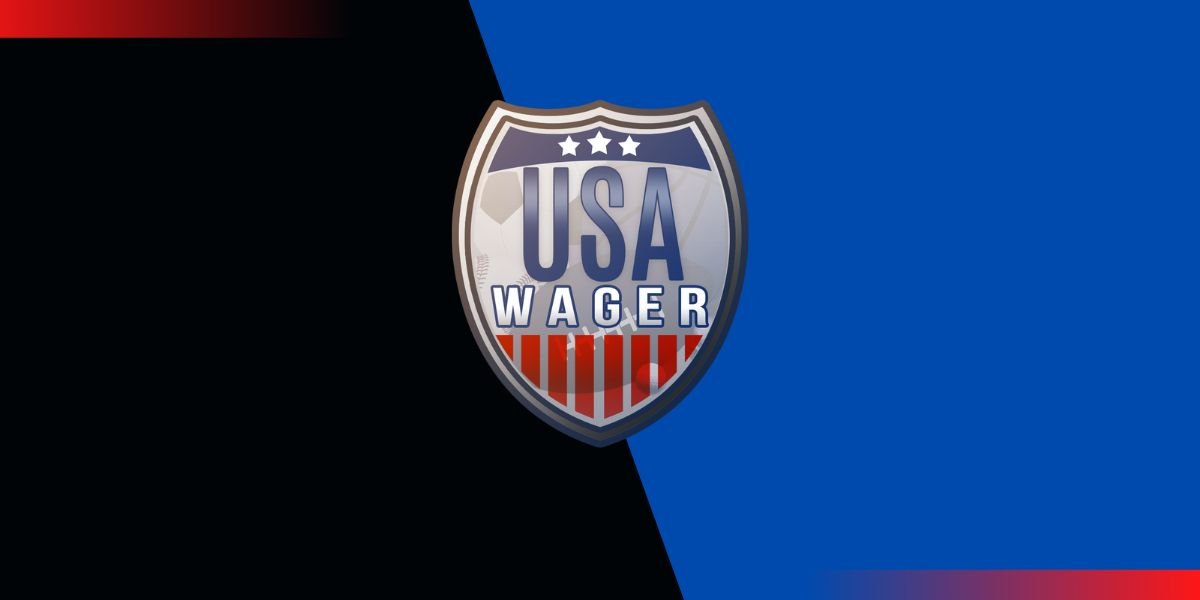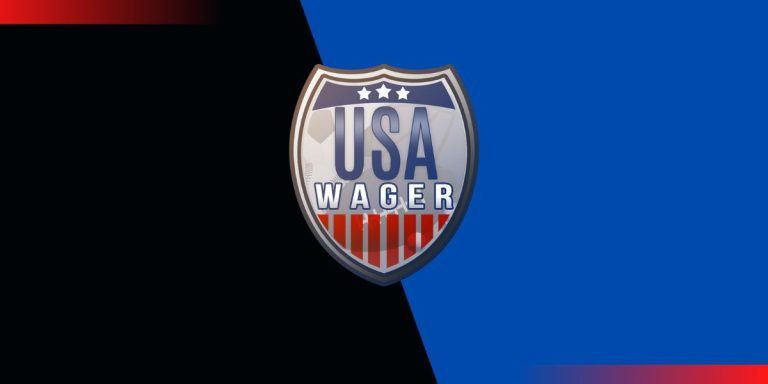Sports Betting Compact Between Seminole Tribe and Florida Gets Thrown Out By Judge
Sports betting has taken a turn in Florida as a federal district court judge in Washington DC ruled on Monday that pari-mutuel operators violated the state-federal Indian gaming law and invalidated the entire agreement. This compact went against the Indian Gaming Regulatory Act. The ruling in West Flagler Associates vs. Haaland from Judge Dabney Friedrich that pending an appeal will need to be halted for the foreseeable future.
Sports Betting Deemed Illegal in the State
Florida is home to the third most populous state in the country which is home to 22.4 million people. The Tribe and the state of Florida agreed to a thirty-year gaming pact that was signed by Governor Ron DeSantis and approved by May. This granted the tribe a state-sanctioned monopoly on the sports betting market including every bet placed in the state.
This ruling puts a halt to sports betting in the state as the Seminole Tribe quickly launched the Hard Rock Sportsbook app. As of Tuesday, the app was still active, but the app can no longer take any wagers. Under the new agreement, the Seminole Tribe agreed to pay the state $2.5 billion over the course of the first five years.
This also affects gaming facilities that are under the Seminole Tribe’s control as they cannot increase their locations as they are not allowed to build new casinos and expand their gaming facilities to create Vegas-style casinos with craps and roulette. The decision was viewed as a victory for the owners of Magic City Casino and Bonita Springs Poker Room.
There was also another group siding with the casinos that included businessmen Armando Codina and Norman Braman. They each filed separate lawsuits, U.S. Secretary of the Interior Deb Haaland stating that the gaming pact was approved without much thought for others.
Codina and Braman have fought against gaming expansion for decades. They helped finance the 2018 constitutional amendment that any effort of expansion in the sports betting and gaming industry will require the support of voters in the state.
What’s Next for Florida and Its Sports Betting Market
Attorney Daniel Wallach who specializes in sports betting and gaming regulations explained why the federal judge called the server location a legal fiction. To put it into simpler terms if a bettor places a bet in Jacksonville or Key West is placing a bet that is not on Native territory. This means that the tribe was going beyond its jurisdiction.
The case is likely to see an appeal as the sports betting market in Florida is seen as a very lucrative business. The Department of the Interior would lead the charge as any appeal would head to the US Court of Appeals for the DC Circuit.
The status of a possible appeal is unknown as of right now. It is unlikely the sports betting operation will be reinstated soon. The easiest way is for the voters in the state to approve sports betting as many other states have received immense support from their residents.
However, allowing voters to have a say will lead to more competition in the state. The Seminole Tribe will never be able to establish a monopoly in any gambling aspect in the state. Sports betting giants like DraftKings and FanDuel have already launched petitions to receive licenses and be approved if voters approve sports betting in 2022.


